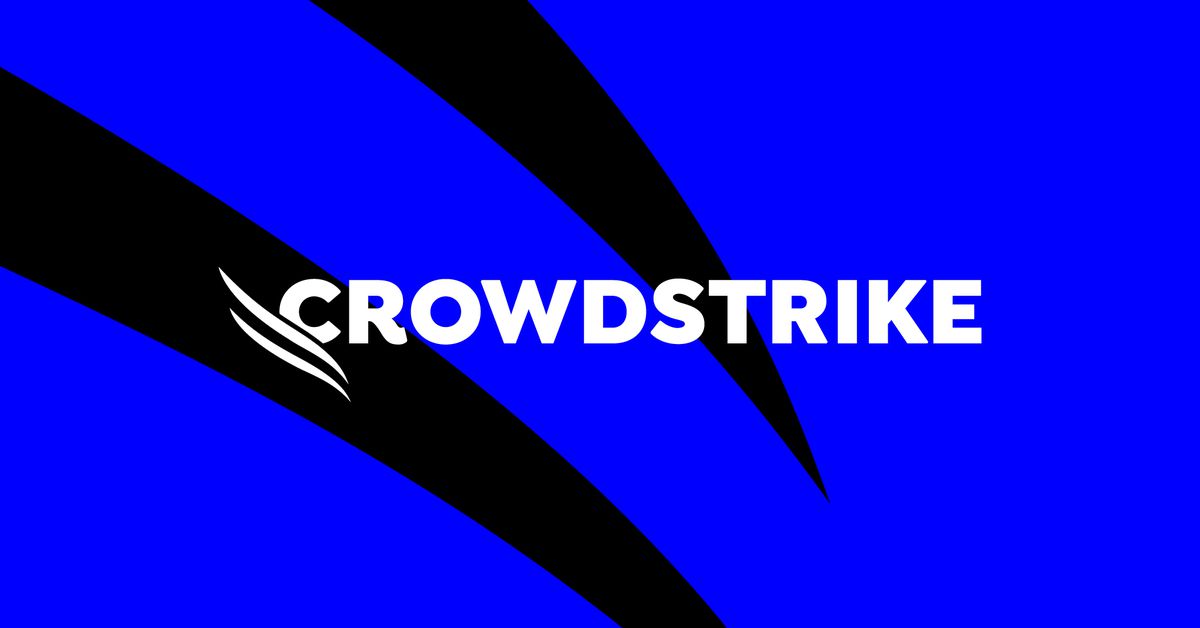CrowdStrike’s Falcon software uses a special driver that allows it to run at a lower level than most apps so it can detect threats across a Windows system. Microsoft tried to restrict third parties from accessing the kernel in Windows Vista in 2006 but was met with pushback from cybersecurity vendors and EU regulators. However, Apple was able to lock down its macOS operating system in 2020 so that developers could no longer get access to the kernel.
Now, it looks like Microsoft wants to reopen the conversations around restricting kernel-level access inside Windows.
Please, get this garbage out of the kernel. If it isn't there to talk to hardware, third party code has no place in the kernel. The same shit that Crowdstrike did could easily happen with any of these useless anticheats.
As much as I despise MS and think they are equally incompetent, I don't think it's a good idea to lock down Windows. They will stop providing kernel access to 3rd parties at first, then a few months later you will only be able to download software from the Microsoft Store.
Yes, it's a security issue but them being allowed to close down their OS sets a dangerous precedent that will make Windows even more shittier and enshittified than it already is.
They'd be seriously shooting themselves in the foot if they did that. Most corporations have 3rd party software that they would not be able or willing to give up, software development for Windows would be unable to test and debug, and I know from personal experience that many consumers find the already existing S Mode to be frustrating and confusing.
They kinda already do this. Any .exe you download outside the Microsoft Store requires double confirmation before you can execute it, unless it's from Microsoft.
yes please. NO third party should have ring 0 access to your computer.
bonus: no kernel level anticheat to fuck with linux users
They're going to implement something like eBPF for the Windows kernel. This will allow kernel-level modules to run with zero risk of crashing the kernel. If the module fails, it fails without taking down the kernel with it.
Linux already has this. It works great. If Windows gets this, all antivirus and anti-cheat software is going to have to transition.
Once that happens, it will be way easier to add anti-cheat software to Linux that operates the same as on Windows. It may be possible to load and unload it only when playing and actually having competition-grade gaming on Linux.
Of course, this is a security disaster that I wouldn't allow on any of my daily drivers, but I would enjoy playing Destiny on my Steamdeck if there's a legit way for me to do it.
According to wikipedia, both Windows and linux have it, and both are open source.
Believe it or not, a lot of companies, no matter how cool and secure their marketing sounds, are just seriously incompetent.
My understanding is that EU regulators had an issue because Windows Defender rolled out kernel mode/kernel data protection, which gave Microsoft a de-facto monopoly in that market segment if no one else was allowed to use the same technology in their products.
Microsoft complaining that the Crowdstrike incident was the EU's fault is an argument in favor of a Microsoft monopoly, which the EU has been pretty consistently against, and EU opposition to this should not have been a surprise to Microsoft.
I think that the way we're splitting up software monopolies is pretty damn ridiculous in this field. I'm Linux gang all the way, but let Microsoft own the OS how they see fit, and especially the kernel, and instead go after the third party hardware vendors being locked into MS contracts. Just make it not legal for third party hardware vendors to sell computers with pre-installed operating systems, and it solves a lot of the monopoly issues. So no more Dell, HP, etc, with forced windows, make the consumer buy the OS separately.
Could also go after bundling, like OS can't be sold with office suite software.
microsoft could get away with this monopoly accusations by opening up official read-only APIs for that, so you can have antiviruses use it and have a proper procedure for user to give consent for the antivirus to have access to said API.
I agree, all they need to make sure is for their own tool to have the same access as everyone else.
Probably a good move for them to make tbh. I like how CrowdStrike's name already sounds like it should be the name of a big malware/virus/zeroday. So we should have seen it coming.
They should. How much of a hit to GDP is it when entire continents can't work.
In that case, the entire windows ecosystem collapses when Microsoft messes up windows defender.... at least if its spread out it hurts less people
yeah when they lose money
every corporation can learn if they lose enough money
maybe if we had a system where they lost similar amounts of money when they do bad things. imagine the world!
A legal precedent should be established to hold companies as large as CrowdStrike liable for their actions. This liability should be significant enough to ensure that future companies will think twice before releasing faulty code. We should not be asking for or supporting Microsoft's efforts to further lock down their product.
Can someone more knowledgeable explain to me this? Why do certain security software require access to the kernel? To keep malware from getting to the kernel or something? Doesn't restricting access to the kernel offer more security? Wouldn't malware also be unable to access the kernel? Or is that not the case? (Kernel is what connects software and hardware, correct? Just to be sure)
Why do certain security software require access to the kernel? To keep malware from getting to the kernel or something?
Security software doesn't necessarily NEED access to the kernel, but kernel-level access provides the maximum amount of access and visibility to the rest of the system. The only thing higher then kernel-level is hardware-level.
In the case of CrowdStrike, kernel-level access provides their software to have the highest privileges which yields in the most effective defense against malware (in theory). However third-party, kernel-level access is never a good idea. Software that has kernel-level access can be, and has been, exploited before. In the case of CrowdStrike, it was a faulty update that screwed over Windows systems. The more access you have in a system, the more you screw it over when something fails.
Doesn’t restricting access to the kernel offer more security?
Yes! You are correct. If implemented correctly of course, restricted access to the kernel provides a higher amount of security.
Wouldn’t malware also be unable to access the kernel?
In theory, the more restricted the kernel is, the more difficult it is for malware to access the kernel.
Kernel is what connects software and hardware, correct?
Yes. A function of the kernel is providing a way for software and hardware to communicate with each other.










